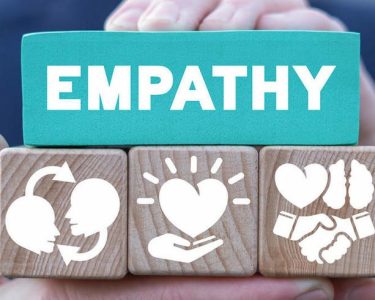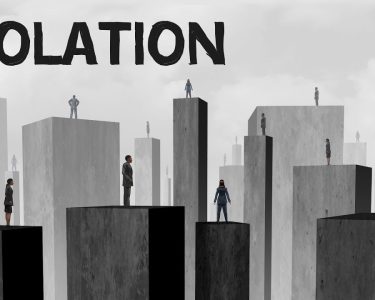In today’s fast-paced and interconnected world, the importance of mental health and well-being cannot be overstated. As we navigate the challenges of modern life, one crucial factor that significantly influences our mental well-being is a sense of belonging. The innate human need to feel connected, accepted, and valued within a community or group plays a vital role in fostering positive mental health outcomes. In this article, we will explore why creating a sense of belonging is crucial for mental health and discuss practical ways to cultivate this sense within ourselves and others.
The Impact of Belonging on Mental Well-being
Belongingness refers to the feeling of being accepted, valued, and included in a social or cultural group. Research consistently shows that a strong sense of belonging is associated with better mental health outcomes. When individuals feel connected to others and have a support system, they experience reduced levels of stress, anxiety, and depression. This sense of belonging acts as a buffer against the negative impact of life’s challenges and promotes resilience.
Social Connection and Its Role in Mental Health
Human beings are inherently social creatures, and our mental health is intricately linked to our social connections. Strong social ties provide emotional support, empathy, and a sense of purpose. They offer opportunities for sharing experiences, expressing emotions, and seeking guidance during difficult times. Studies have revealed that individuals with a robust social support network have higher self-esteem, increased feelings of happiness, and improved overall mental well-being.
How to Foster a Sense of Belonging
Creating a sense of belonging starts with individual self-awareness and a commitment to building connections. Here are some practical strategies to foster a sense of belonging:
- Cultivate self-acceptance: Embrace your unique qualities and appreciate yourself for who you are. Developing self-acceptance lays a foundation for genuine connections with others.
- Seek out like-minded communities: Engage in activities, hobbies, or interests that align with your values and passions. Join clubs, organizations, or online groups where you can connect with individuals who share similar interests.
- Practice active listening and empathy: Show genuine interest in others and be present in conversations. Practice active listening, which involves paying attention, asking questions, and demonstrating empathy. This fosters deeper connections and helps others feel understood and valued.
- Volunteer and contribute: Engaging in acts of kindness and giving back to the community not only helps others but also enhances your own sense of purpose and belonging. Look for volunteering opportunities or find ways to contribute to causes that resonate with you.
Overcoming Barriers to Belonging
While fostering a sense of belonging is essential, it is important to acknowledge and address the barriers that may hinder this process. Some common barriers include:
- Social isolation: Loneliness and lack of social connections can make it challenging to feel a sense of belonging. Reach out to others, participate in social activities, and seek support if needed.
- Stigma and discrimination: Prejudice or discrimination based on factors such as race, gender, sexuality, or mental health conditions can create barriers to belonging. Educate yourself and advocate for inclusivity, equality, and respect for all individuals.
- Fear of rejection: The fear of being judged or rejected can prevent individuals from fully engaging in social interactions. Remember that building connections involves vulnerability, and not everyone will share the same values or interests. Embrace the process and be open to new experiences.




